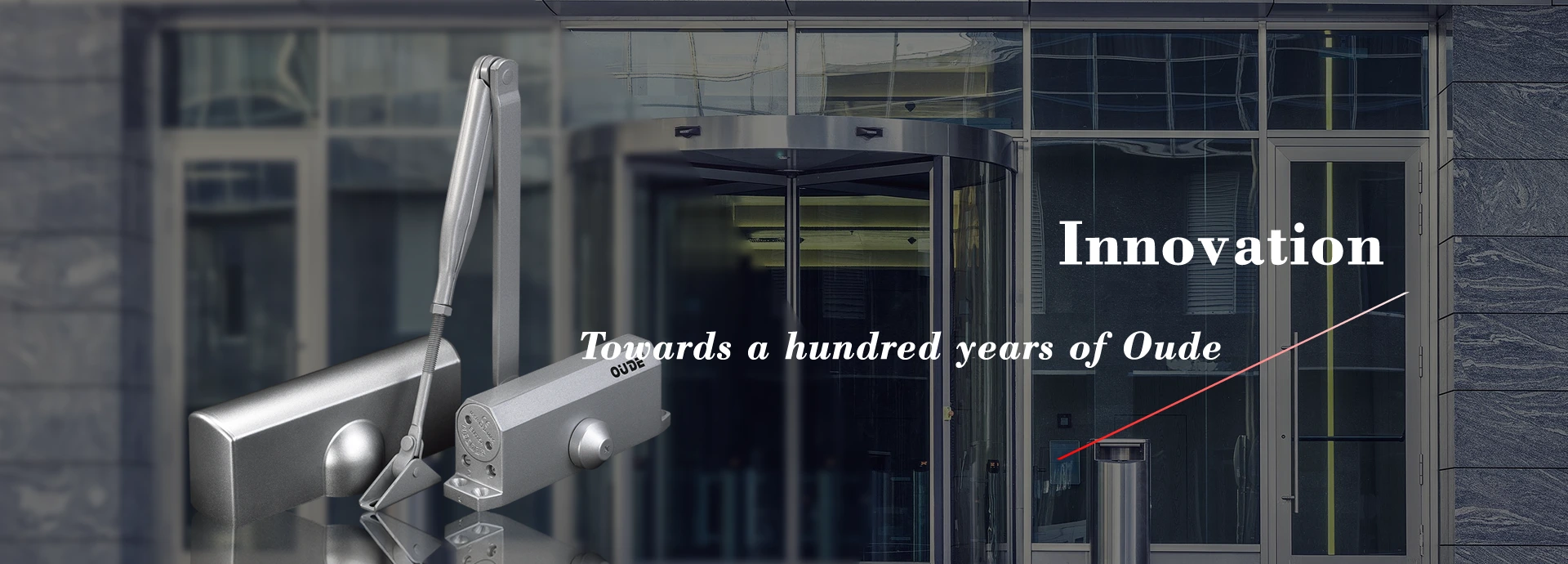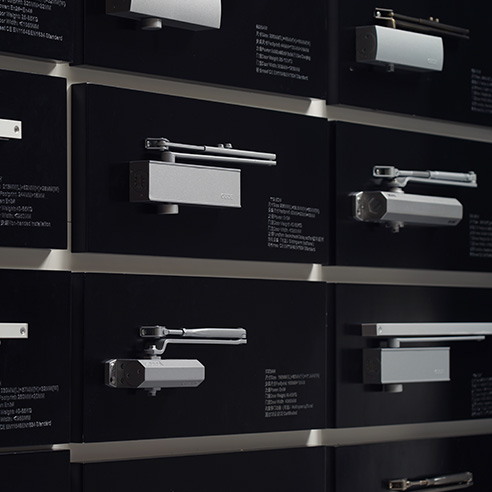
Choosing the correct door hardware is more than just a design choice; it’s a critical decision that affects functionality, safety, and durability.
In commercial settings, door hardware like commercial door closers ensures the safety of high-traffic environments while meeting regulatory standards, such as ADA-compliant door hardware.
For residential spaces, comfort and aesthetics often take precedence.
Understanding these differences is key to making the right choice for your space. So, read on to learn more.
Here’s a quick overview of the differences between commercial and residential door hardware:
| Feature | Commercial Door Hardware | Residential Door Hardware |
| Durability | Built for heavy use | Designed for occasional use |
| Security | High-security features | Standard security features |
| Compliance | ADA-compliant options | Limited compliance needs |
| Traffic | Handles heavy traffic | Handles light to moderate traffic |
| Cost | Higher initial investment | More cost-effective |
| Installation | Requires professional setup | DIY-friendly |
| Aesthetics | Functional, industrial design | Customizable, stylish designs |
| Maintenance | Requires regular upkeep | Minimal maintenance |
| Customization | High level of adaptability | Limited customization options |
Commercial door hardware is designed for constant use, making it more durable than residential options. It’s built to withstand wear and tear in high-traffic environments like offices and retail spaces.
Enhanced security features, such as reinforced locks and tamper-proof designs, are standard in commercial hardware. Residential hardware typically prioritizes convenience and aesthetics over advanced security.
Commercial buildings must often comply with strict safety and accessibility standards, such as ADA-compliant door hardware. Residential spaces have fewer regulatory requirements.
Commercial hardware handles the rigors of frequent use in busy environments, whereas residential hardware caters to lighter traffic.
While commercial hardware is a larger upfront investment, its durability and functionality offer long-term value. Residential hardware is more affordable but may require frequent replacement in high-use scenarios.
Professional installation is often necessary for commercial hardware to ensure compliance and proper function. Residential hardware is usually simpler to install, catering to DIY enthusiasts.
Commercial door hardware often emphasizes functionality, while residential hardware offers a wide range of designs to suit personal tastes.
Regular maintenance is essential for commercial door hardware to keep it functioning properly, whereas residential hardware typically requires less upkeep.
Commercial hardware offers higher levels of customization to meet specific needs, such as fire-rated doors or specialized finishes. Residential hardware has fewer options.

Looking for Reliable Door Closers for Your Commercial Building?
In commercial spaces, doors are used constantly, making commercial door closers essential for managing traffic efficiently and ensuring doors close securely after each use.
Many commercial buildings must comply with safety regulations, including those requiring fire-rated and ADA-compliant door hardware. Door closers play a vital role in meeting these standards.
Commercial door closers are built to withstand the demands of heavy traffic and provide reliable performance over time.
Residential spaces experience much lower foot traffic, reducing the need for robust door closers.
Door closers can be an unnecessary expense in residential settings, where simpler and cheaper solutions suffice.
Door closers may not align with the aesthetic preferences of homeowners or the comfort they seek in their spaces.
Fire-rated doors in residential buildings may require door closers to comply with safety regulations. However, this depends on local building codes.
Instead of door closers, residential settings often use standard or decorative door hinges to achieve functionality and style.
Hinges play a crucial role in ensuring smooth door operation, with options ranging from basic butt hinges to more sophisticated pivot or concealed hinges.
Decorative hinges not only add an aesthetic touch but also offer versatility, allowing homeowners to match their door hardware to the overall interior design.
Additionally, high-quality hinges can provide enhanced durability and stability, making them a practical choice for various residential applications.
When selecting door hardware, consider factors like the level of traffic, required security, compliance needs, and aesthetic preferences.
For example, high-traffic areas in commercial buildings demand robust hardware designed to endure constant use, while residential settings often require lighter-duty solutions.
Security needs vary significantly; commercial spaces might need advanced locking systems for added protection, whereas residential areas typically prioritize ease of use.
Compliance is another critical factor—commercial hardware must often meet regulations such as ADA standards to ensure accessibility, a consideration that’s less stringent in residential contexts.
Lastly, aesthetic preferences differ, with commercial hardware leaning towards functional and professional designs, and residential hardware offering a broader range of styles to complement personal tastes.
For commercial spaces, prioritize durability and regulatory compliance. In residential settings, focus on style and cost-effectiveness.
Commercial and residential door hardware serve distinct purposes to meet specific needs.
While commercial hardware prioritizes durability, security, and compliance to withstand high-traffic environments, residential hardware often focuses on style and cost-effectiveness for comfort and personal preference.
Choosing the right door hardware ensures optimal functionality and safety for any setting.

Explore Our ANSI Standard Door Closers!




